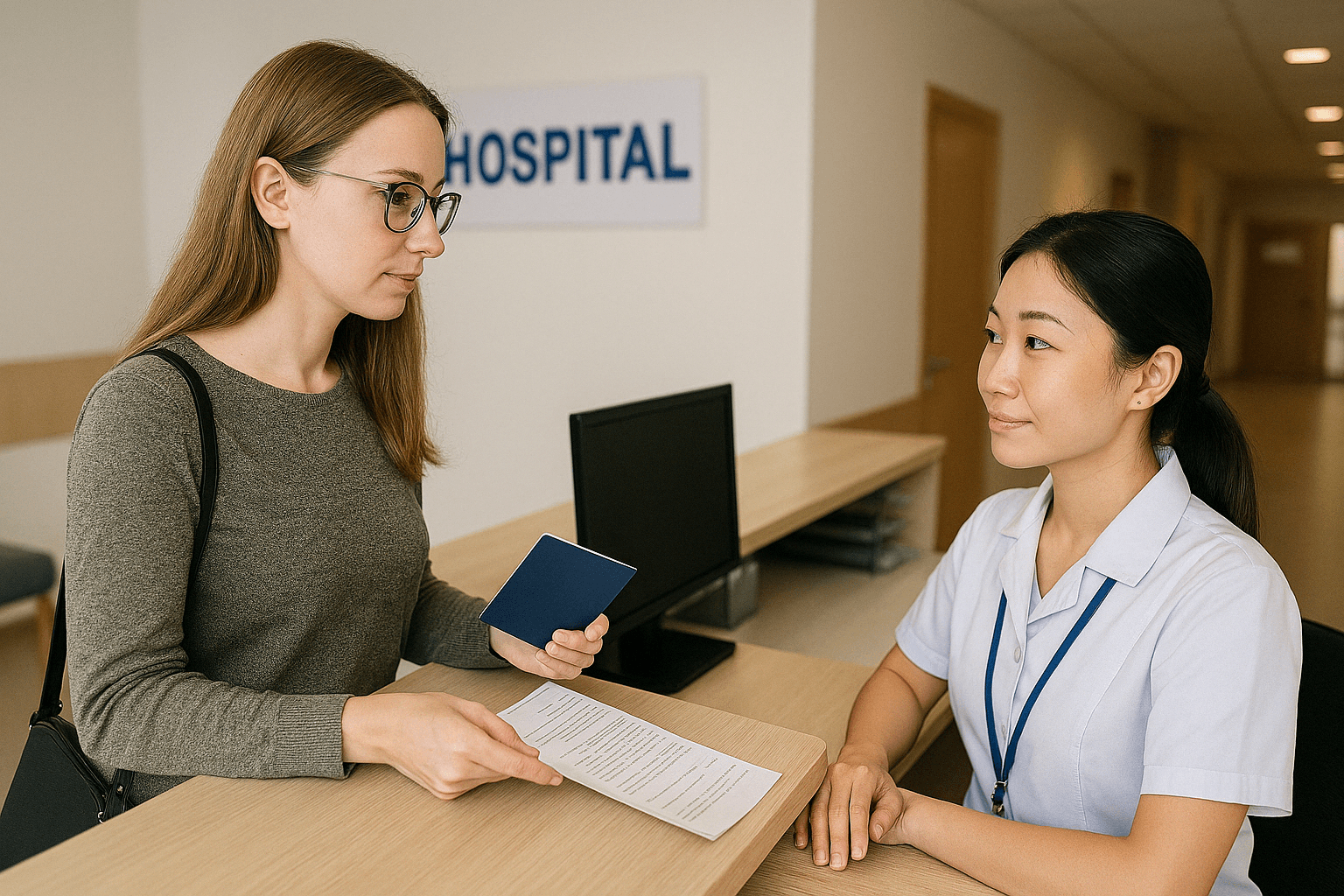Navigating the healthcare system in a foreign country can be stressful — especially when you don’t speak the language. If you’re an expat, digital nomad, or tourist in Korea, this guide will show you exactly what to expect when visiting a doctor — plus how to save money along the way.
1. Can Foreigners Visit Clinics in Korea?
Yes. Korea’s healthcare system is open to foreigners. You don’t need Korean citizenship — just your passport, visa, or alien registration card (ARC).
Types of Clinics You Can Visit:
- Local clinics (동네 병원) for mild symptoms
- Internal medicine (내과) for fever, cough, stomach pain
- ENT (이비인후과) for ears, nose, throat
- Dermatology (피부과), Orthopedics (정형외과), etc.
2. Do I Need Health Insurance?
Not necessarily — but it helps.
If you’re a tourist, you’ll pay the full amount, but it’s still often cheaper than in many Western countries.
If you’re a long-term resident with a visa (like D-2, D-4, E-2, F-series), you must enroll in Korea’s National Health Insurance (NHI). You’ll then pay just 30–50% of the total cost.
3. What Happens During the Visit?
- Reception: Show your ARC or passport and explain symptoms (you can use Papago or Google Translate).
- Doctor consultation: Short but effective — usually 3 to 5 minutes.
- Prescription: Most clinics don’t have in-house pharmacies. You’ll get a prescription slip.
- Pharmacy visit: Hand over the slip and get your medicine (usually under $10 with NHI).
4. How Much Does It Cost?
| Type | With NHI | Without NHI |
|---|---|---|
| General doctor visit | $3–7 USD | $20–30 USD |
| Specialist (e.g., ENT, Derm) | $10–15 USD | $30–60 USD |
| Basic medication | $2–10 USD | $10–30 USD |
5. Insider Tips
- Walk-in system: Most clinics don’t require appointments.
- Morning hours: Clinics close early (1 PM on Saturdays), so go in the morning.
- English-speaking doctors: Search “Foreigner-friendly clinics in Seoul/Busan” or check Google Maps reviews.
- Papago App: Best for translating medical terms and communicating symptoms.
Final Thoughts
Korea’s healthcare system is efficient, fast, and surprisingly affordable — even without insurance. With just a little prep, you can handle a doctor’s visit confidently and avoid unnecessary costs.

